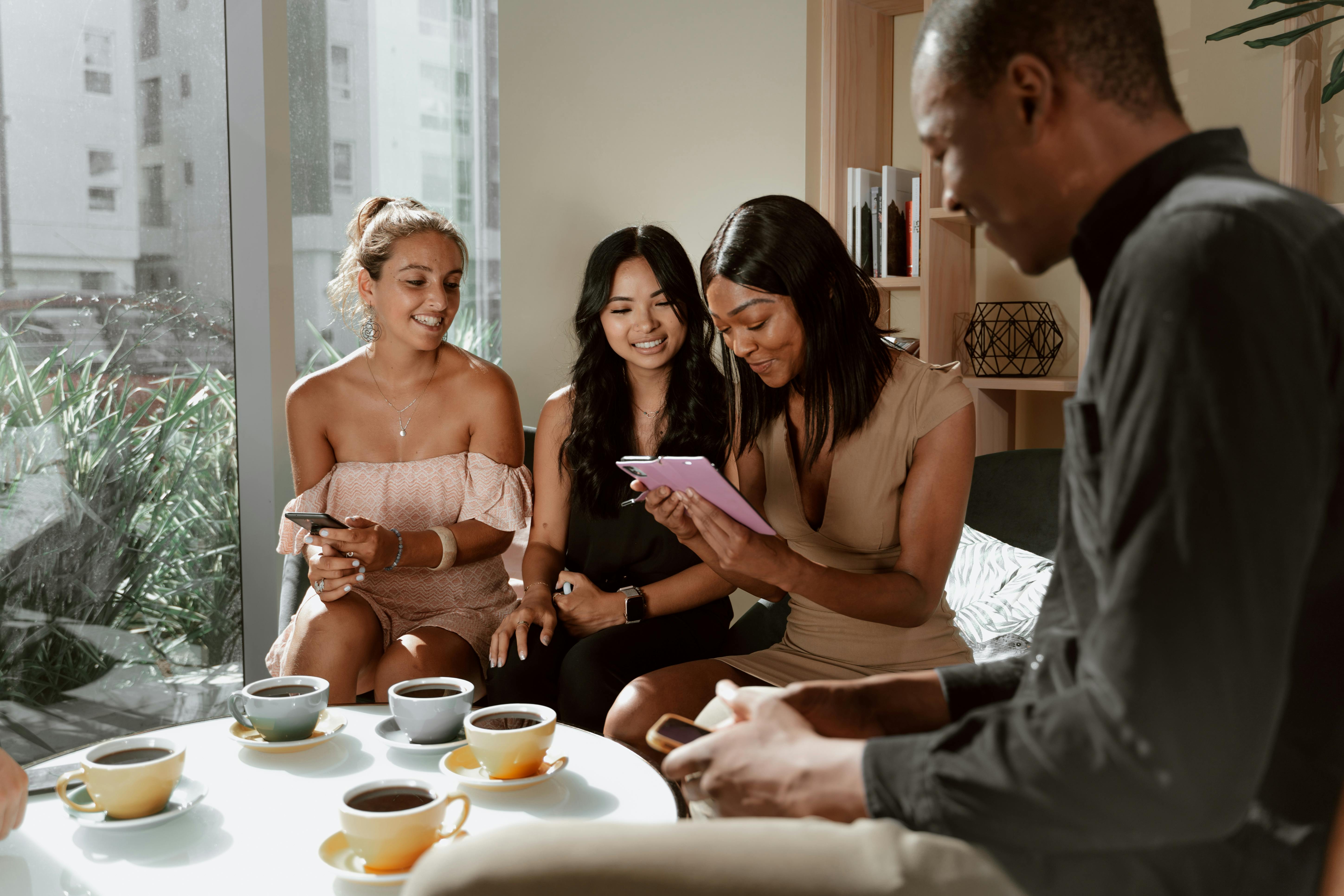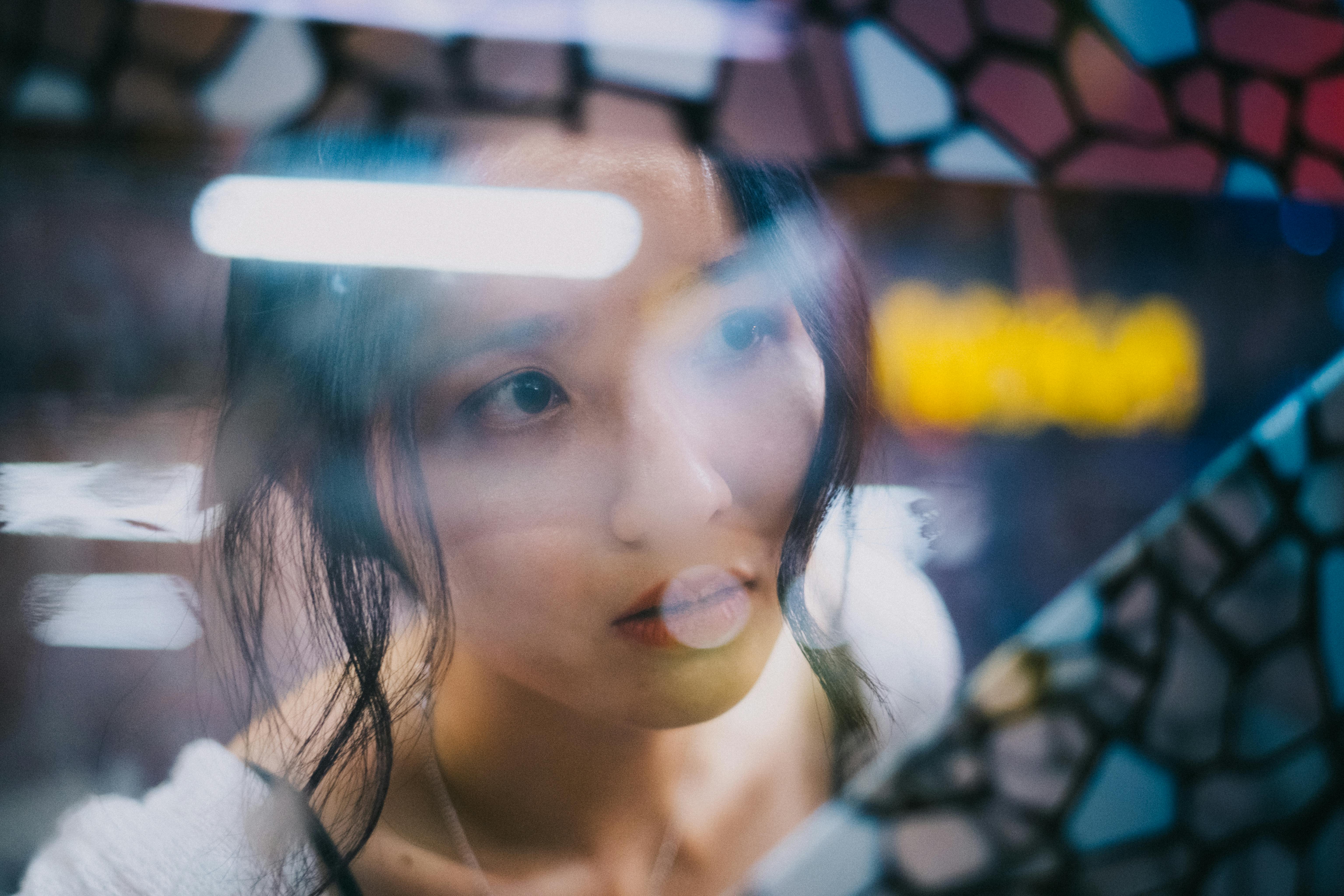
The Chinese American with no Chinese name
admin
- 0
I walked to the customs agent’s counter at the Beijing International Airport and thoughtlessly handed my passport to the customs agent. Then, without thinking, he did his thing with my passport. It was supposed to be a smooth transaction, but he broke the silence when he looked up and asked if I still use my Chinese name in America. With a blank look on my face, I started to consider giving him an answer that he might like to hear, but he didn’t give me enough time to think and answered for me that I shouldn’t use my Chinese name anymore. They returned my passport with a smile. He then wished me a safe trip and directed me to the three lengthy security checkpoints reserved for U.S.-bound passengers. As I stood in line, I thought about my long-lost Chinese name and how detached I am from my chinese name…
Born in 1969 in communist China, my parents quickly decided to name me after something to do with Chairman Mao. It’s not that they thought of him as a great leader, but more out of fear. They chose a little-known Mao poem, which allowed them to show enough dedication to Mao without being too reminded of it. My name was the first character of the three-character title of this poem. (They actually needed to have three children to qualify for Mao’s poem, but stopped at two. My sister’s name was the second character in the title, but her character is better known.) They clearly went too far with their search, not only did most people not correctly associate my name with Chairman Mao, but most people simply don’t know the character that is my name.
When I was growing up in China, I was always amazed that someone could pronounce my name correctly without being told first. I considered anyone who knew my name to be certainly the most learned and intelligent. Anyway, I was often asked how I got such a little-known character as a name and I would politely repeat the origin of my name, including that I only have one brother and that I don’t actually know the poem itself, just the title. I also endured numerous longer and more colorful dialogues about my name between my mother and other curious people. From time to time, my parents would apologize and explain that my name was chosen to protect me, but I’m sure my name didn’t protect me even once when I got into trouble.
I arrived in the United States just in time to start eighth grade, and by then my Chinese name had been phonetically “translated” into English. Now it doesn’t really sound like my name at all, even when I say it. On quite a few occasions, I did not realize when someone called me. One day my grandmother suggested to me that since I now live in the United States, it would be easier to have an English name. I thought that was an excellent idea. The first name she suggested was “Jenny”, and I said that was fine. Finally, I had a name that is simple, unassuming, and best of all, doesn’t draw attention to itself.
When I got married, since my husband is not Chinese, I realized that I would lose part of my ethnic identity if I changed my last name, but I decided to change my last name anyway. The logic was simple: I wanted to have the same last name as my future children so that no one would mistake me for their nanny. I kept my maiden name as my middle name. I like my birth name. Most of the time a middle name is not required, so on paper my name does not suggest that I am a Chinese American.
In real life, I’m Chinese-American, proud I might add. I am fluent in written and spoken Chinese. My favorite carb is rice, in fact, it’s pretty much the only carb I like. I’m also an avid green tea drinker, and rarely miss an opportunity to order stinky tofu if my dining partner can tolerate or share it. After having children of my own, it became even more important to accept being Chinese. I wanted to pass on the great Chinese heritage and values to my children. They are taught to be respectful and obedient to their teachers at school, and that being smart and getting good grades is a great source of pride, and oh yeah! math and science are more important than the liberal arts.
I also went to great lengths to teach my children to speak Mandarin Chinese fluently in our predominantly English-speaking home. We were lucky enough to indulge in the clever trick of hiring a full-time Chinese-speaking nanny for our children for 6 years. I read Chinese children’s books to my children almost religiously every night. Both of my children were given Chinese names (ones I like) in addition to the English ones and we use their Chinese names at home. We celebrate every major Chinese holiday, and for Chinese New Year, I even host a celebration that can rival Christmas. Everyone dresses up in their beautiful Chinese silk costumes on New Year’s Day, I set up a nice display of candy on our table for the kids to enjoy, and instead of the more traditional candy, I dress mine up with gold-wrapped chocolate coins , and snacks they like. After all, one has to enjoy the delicacies to appreciate the holidays. And, of course, the red envelopes, which are appreciated more and more every year. Someday, I think they’ll like it better than Christmas presents. I just have to be very generous with your red envelopes. But the most festive part of our Chinese New Year celebration is our canceled pilgrimage to my parents’ house. Where they learn that Chinese New Year is a big family celebration mixed with lots of food and more red envelopes for the kids. I tell them that they are lucky to have more Christmas celebrations than most of their friends, because they are Chinese.
And I’m also lucky to be a Chinese-American. Because I fully embrace the benefits of two great cultures. Even without a Chinese name.

